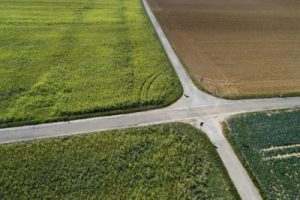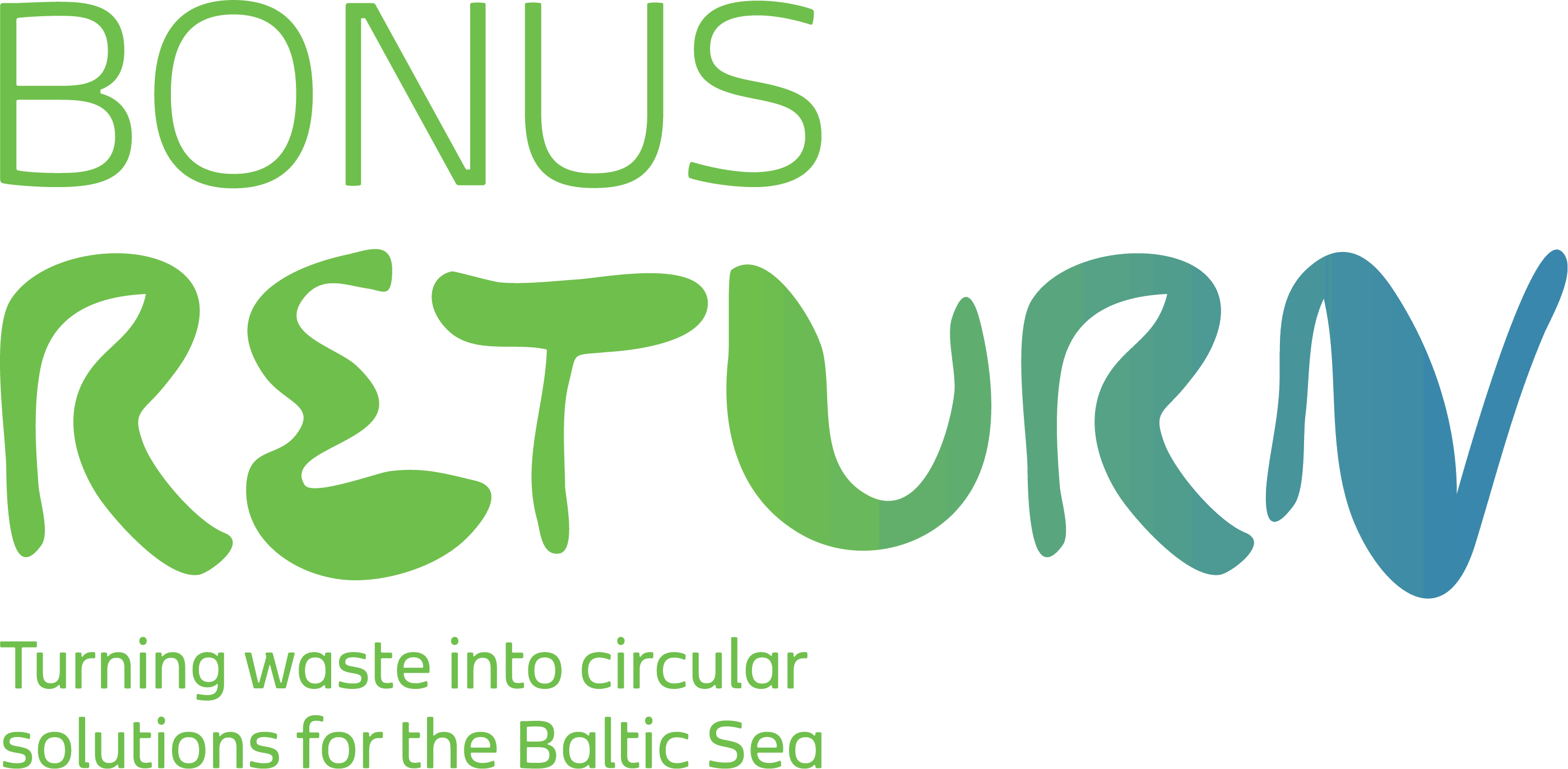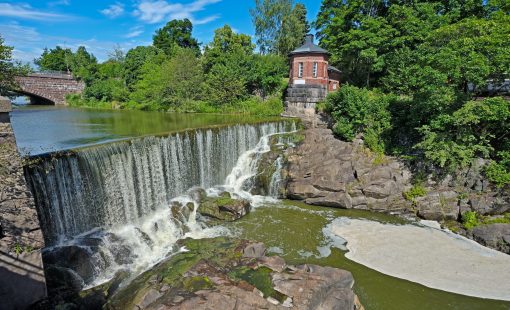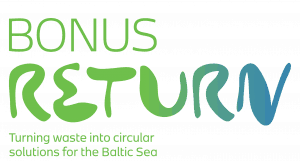Download Policy Briefs
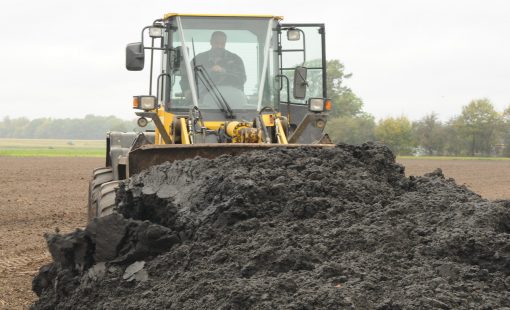
Implications of new national policies on management of sewage sludge for a Swedish municipality
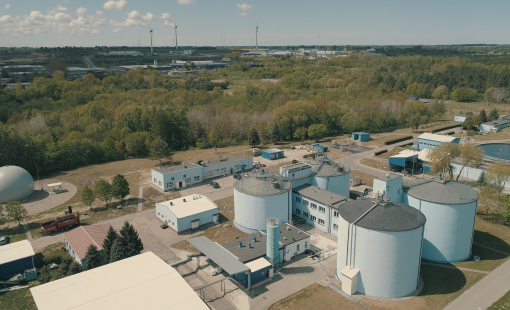
Słupsk Bioenergy Cluster: a new paradigm for a local circular economy in renewable energy and waste recycling in Poland
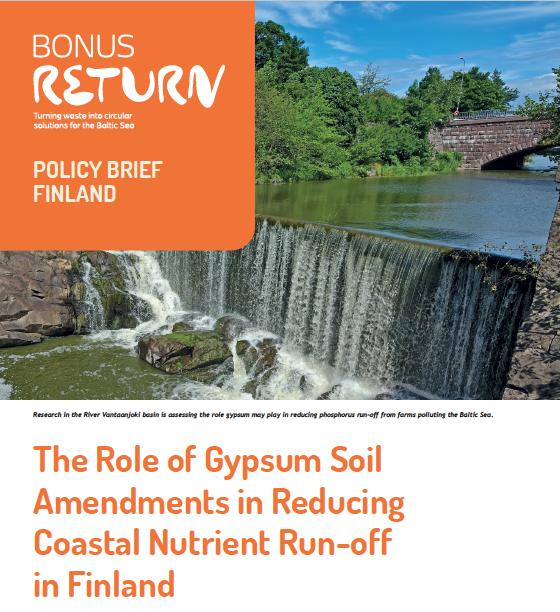
Phosphorus run-off from agriculture fields in southern Finland is the largest threat to water quality and living marine resources in this area of the Baltic Sea. Decades of attempts to reduce this run-off through traditional farming methods have proven inadequate. Now, a new opportunity has emerged: using gypsum as a soil amendment on agricultural fields. This reduces run-off pollution by 50%, reduces demand for virgin-mined phosphorus, and reuses industrial waste.
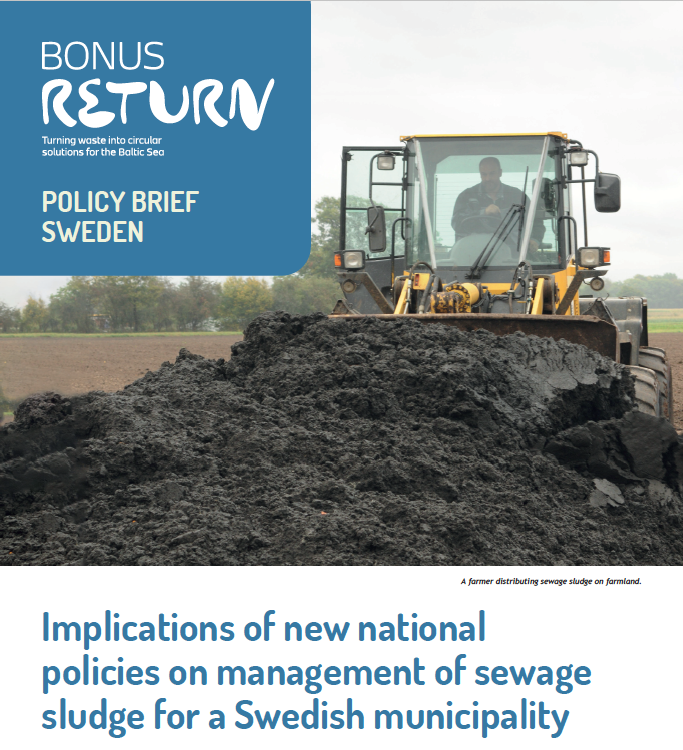
In 2018, a Swedish Government inquiry was set up to explore how to implement a ban on the decades-old practice of spreading sewage sludge on farmland and set new requirements for recycling the phosphorus found in sludge. The ban was portrayed as a means to both reduce the environmental and food safety risks of direct sludge application and to accelerate the transition to a complete circular economy for phosphorus, a vital plant nutrient and finite mineral – both laudable goals.
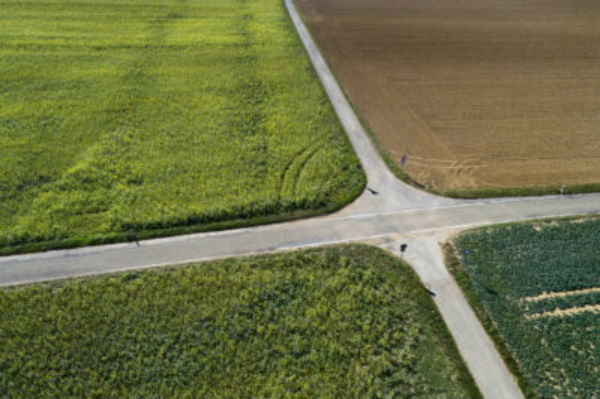
This policy brief responds to the recent government inquiry into phosphorus recycling and the future of agricultural use of sewage sludge in Sweden.
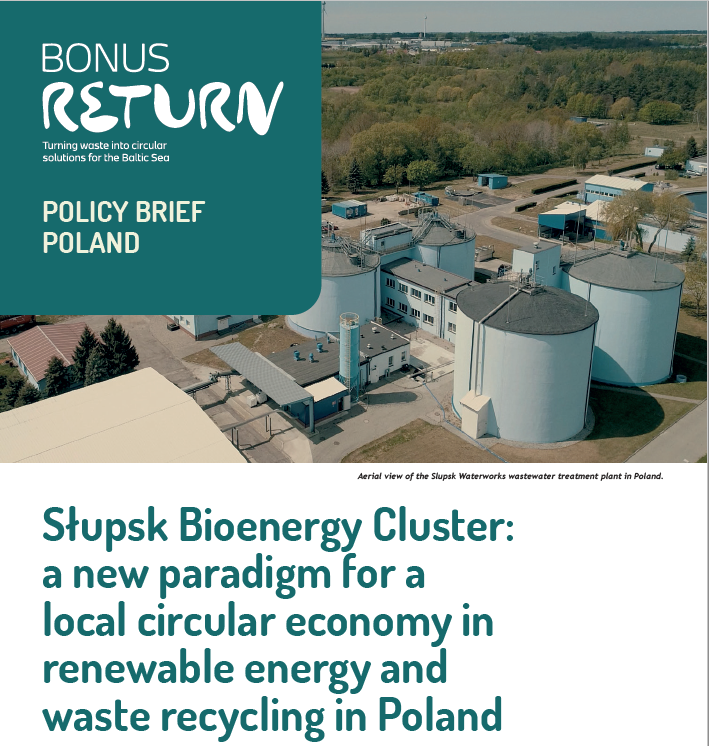
Municipal officials and local business leaders in the Polish city of Słupsk aren’t waiting for the benefits of the circular economy in renewable energy production and waste recycling to come to their corner of the Baltic Sea Region. They’re making it happen now from the ground up and demonstrating how these transitions can be designed and operationalized at the city-county level. In 2020, the Słupsk Bioenergy Cluster will reach a critical milestone when completion of a new energy distribution system will link 20 participating businesses and city facilities, 40 000 electricity users and 120 000 wastewater customers – all part of an innovative renewable energy sharing and waste recycling system.
Swedish sludge management at the crossroads
